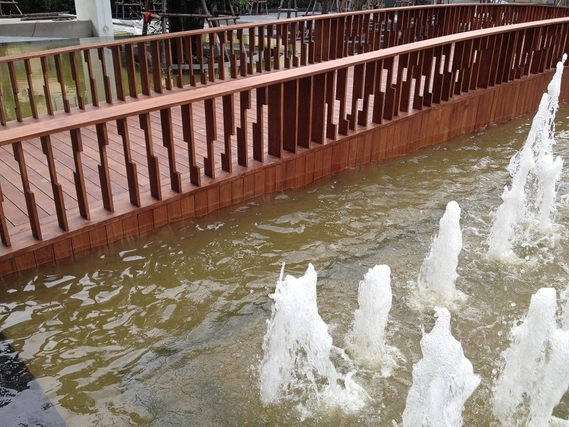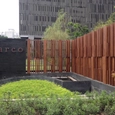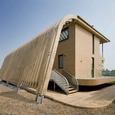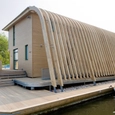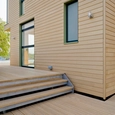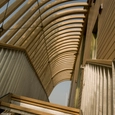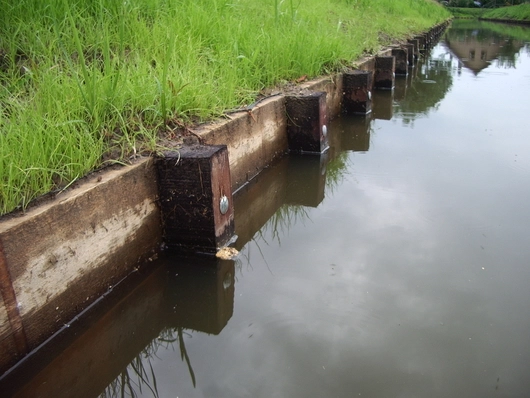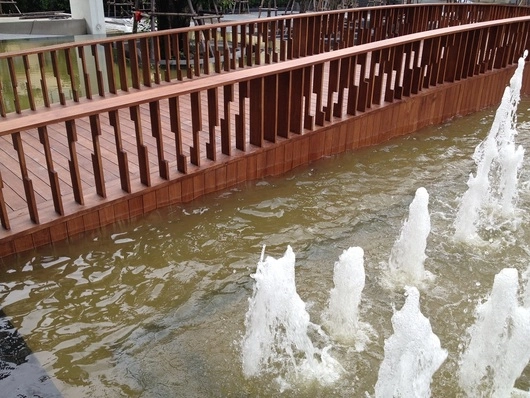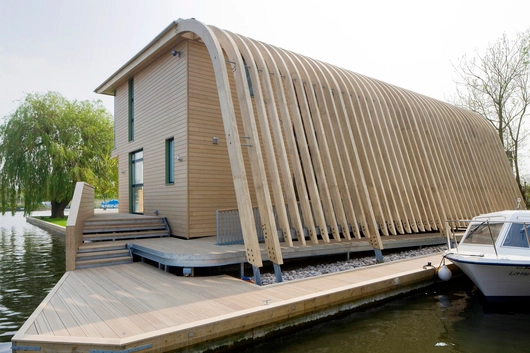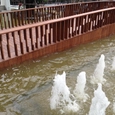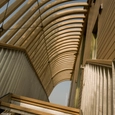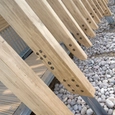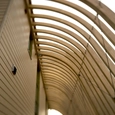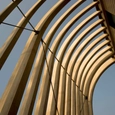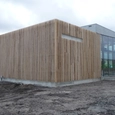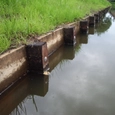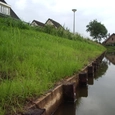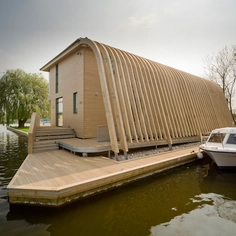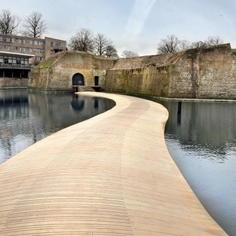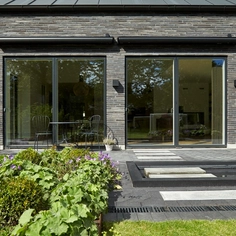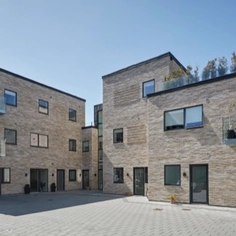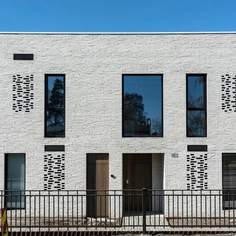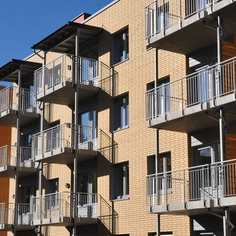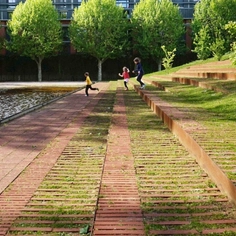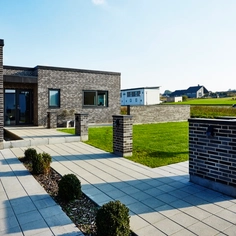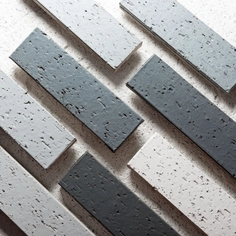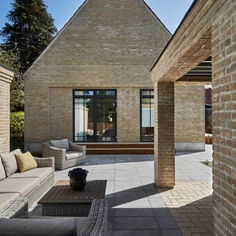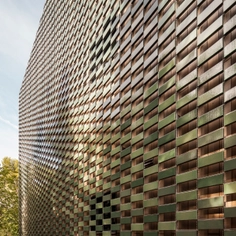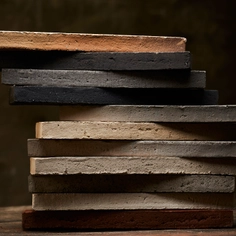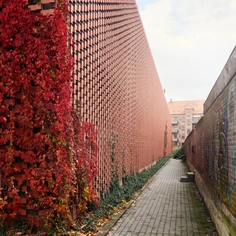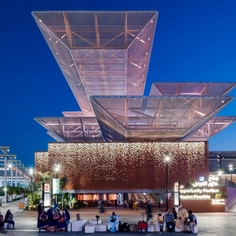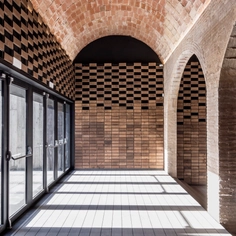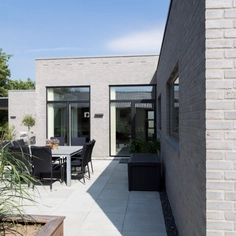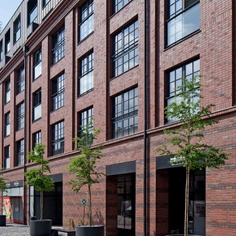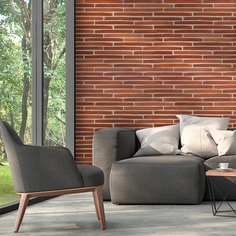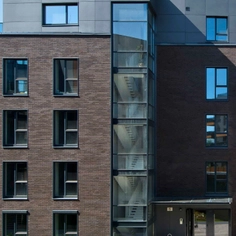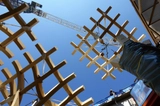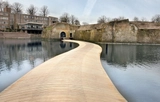By significantly enhancing the durability and dimensional stability of fast-growing and abundantly available certified wood species, Accoya wood provides compelling environmental advantages over slow-growing hardwoods, woods treated with toxic chemicals and non-renewable carbon-intensive materials such as plastics, metals, and concrete making Accoya ideal for canals and marinas.
Canal lining trial, The Netherlands
Certain environments are particularly punishing: few are harsher than the banks of canals, where wood is used to hold back the earth. In this application, the wood’s exposure to water, microbe-rich soil and – most obviously at the waterline – air, is particularly challenging. In the Netherlands, canal linings were traditionally made using tropical hardwoods but, with this no longer being an option, an alternative is needed. Accoya® was trialed for this purpose with excellent results. Even after 10 years in the water, the Accoya® trialed emerged with no discernible degradation at all.
Accoya Bridge at Parco, Bangkok
Designed by Shma Design, a Thai landscaping company, and distributed by Teck Ethik in Thailand, Accoya was used for a bridge built at Parco in Bangkok. The original design specified the use of teak but for budget and sustainability reasons Accoya was used instead. The Accoya wood was coated with an outdoor teak colored stain to give the same effect as the original design.
The Haven, Norfolk, UK
The client’s vision for this house and boathouse at Horning on the Norfolk Broads was to provide an exemplary building that is sustainable and graceful in design, complementing and enhancing the setting and providing a legacy for future generations. Given that ‘The Haven’ is in a flood zone, surrounded on three sides by water and constantly exposed to a high moisture content in the air, LSI architects needed to find a wood that they could be confident would deliver durability, dimensional stability, and aesthetics. Accoya wood presented the perfect answer.


